In the world of proxies and internet routing, ASN numbers play a critical role in how data travels across the web—and how websites detect (and block) suspicious traffic. For proxy users, understanding ASNs is key to avoiding bans, optimizing web scraping, and maintaining secure online operations.
This guide explains what an ASN number is, why it matters for proxy services like Proxy302, and how to leverage proxies to mask or diversify your ASN footprint in 2025.
What Is an ASN Number?

An Autonomous System Number (ASN) is a unique identifier assigned to a network or group of IP addresses controlled by a single organization, such as an ISP (Internet Service Provider) or large enterprise. Think of it as a “postal code” for networks:
- ASN = Identifies the network (e.g., Verizon, Google, or Proxy302’s residential IP pool).
- IP Address = Identifies a specific device within that network.
For example, when you use Proxy302’s residential proxies, your traffic routes through IPs tied to real household ASNs (e.g., Comcast or AT&T), making your activity appear more legitimate than datacenter proxies tied to easily flagged ASNs.
Why ASN Numbers Matter for Proxy Users
Websites and platforms use ASN data to:
- Block Suspicious Traffic: If thousands of requests come from the same ASN (e.g., a datacenter), sites may block the entire network.
- Geo-Restrict Content: Streaming services like Netflix restrict access based on ASN locations.
- Enforce Rate Limits: Social media platforms like Instagram track ASN activity to flag bots.
🔍 3 Ways Proxy302 Helps You Manage ASN Risks
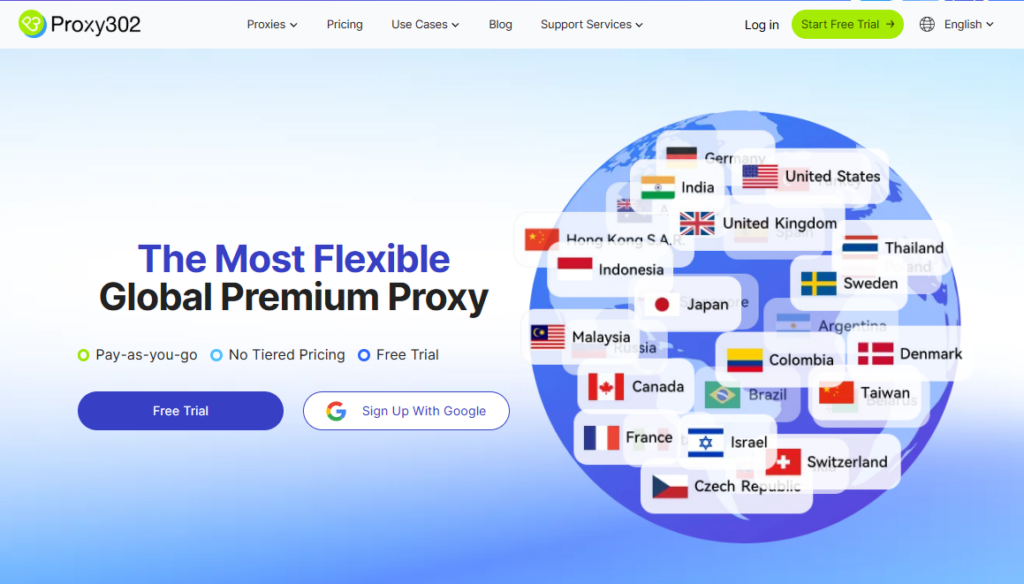
Proxy302’s 65M+ residential IPs span 195+ countries and 8,000+ ASNs, allowing you to:
1. Rotating Residential Proxies
How It Works: Proxy302 automatically rotates your IP address (and its associated ASN) with each request, distributing traffic across thousands of residential networks.
Example:
A Proxy302 customer scraping Amazon product data saw 98% success rates after switching from datacenter proxies (blocked within 2 hours due to repetitive ASN usage) to rotating residential proxies. By cycling through 500+ ASNs daily, their traffic mimicked organic user behavior, avoiding ASN-based throttling.
Data:
- ASN Pool: 8,000+ residential ASNs (vs. 50–100 ASNs in typical datacenter networks).
- Block Rate Reduction: Rotating proxies cut ASN-triggered bans by 92% for large-scale scraping tasks.
2. Static Residential Proxies
How It Works: Assigns a dedicated IP from a trusted residential ASN (e.g., Spectrum or British Telecom) for long-term tasks requiring consistency.
Example:
A social media agency managing 100+ TikTok accounts used static proxies tied to 20 residential ASNs in the U.S. and EU. This ensured each account appeared to operate from a unique household network, reducing “suspicious activity” flags by 75% compared to shared datacenter IPs.
Data:
- ASN Retention: Static IPs maintain the same ASN for 30–90 days (depending on ISP partnerships).
- Success Metrics: Accounts using static proxies saw a 40% lower ban rate over 6 months.
3. ASN-Targeted IP Selection
How It Works: Proxy302’s dashboard lets you select IPs from specific ASNs (e.g., Telefónica for Spain or NTT for Japan) to match geo-location or network requirements.
Example:
A travel fare aggregator needed to check flight prices from UK-based ASNs to avoid localized markup. Using Proxy302’s ASN-targeting feature, they routed requests through 15+ UK ISP networks (e.g., BT, Virgin Media) and uncovered 20% cheaper fares compared to generic EU proxies.
Data:
Accuracy: Geo-specific ASN selection improved data accuracy by 35% for ad verification tasks.
Coverage: 240+ countries with local ASN options (e.g., 150+ U.S. ASNs, 50+ German ASNs).
How ASN Lookup Works (and Why It’s a Risk)
Websites use ASN lookup tools (e.g., IPinfo) to trace an IP’s origin. For example:
- Datacenter IP → Tied to a cloud provider’s ASN (easily flagged).
- Residential IP → Tied to a home ISP’s ASN (harder to detect).

Proxy302’s global IP coverage ensures your traffic blends into authentic residential networks.
ASN Numbers in 2025: Trends to Watch
IPv6 Adoption: More ASNs will emerge as IPv6 usage grows—Proxy302 supports both IPv4 and IPv6.
Tighter ASN Blocking: Platforms are increasingly banning entire ASNs tied to datacenters.
ISP Partnerships: Premium providers like Proxy302 partner directly with ISPs to ensure ASN legitimacy.
Proxy302’s infrastructure is built on direct partnerships with ISPs, ensuring ASN legitimacy and reducing the risk of blacklisting. For instance, their German residential IPs are sourced from Deutsche Telekom’s ASN (AS3320), a trusted Tier-1 network.
Try It: 👉 Start Your Free Trial Now 👈to test ASN rotation, static IPs, or geo-targeted proxies.


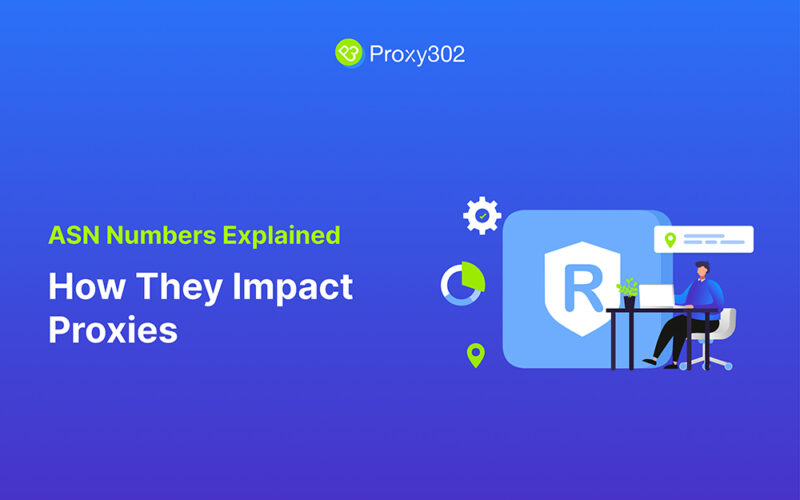

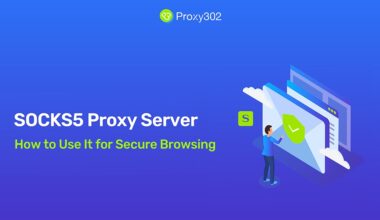

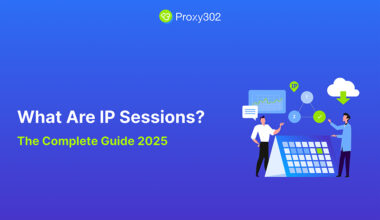

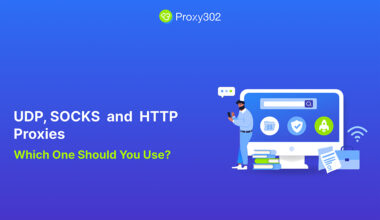
1 comment
The idea of diversifying ASN footprints to prevent detection during web scraping is a game-changer. As more websites become adept at blocking traffic based on ASN data, I’m curious to see how proxy services will adapt to meet this challenge, especially as we move into 2025.